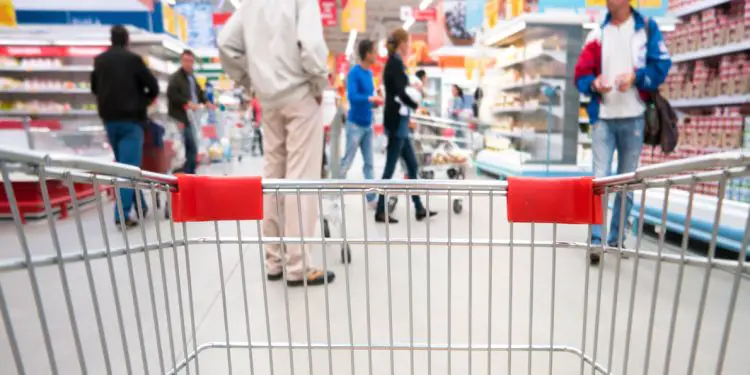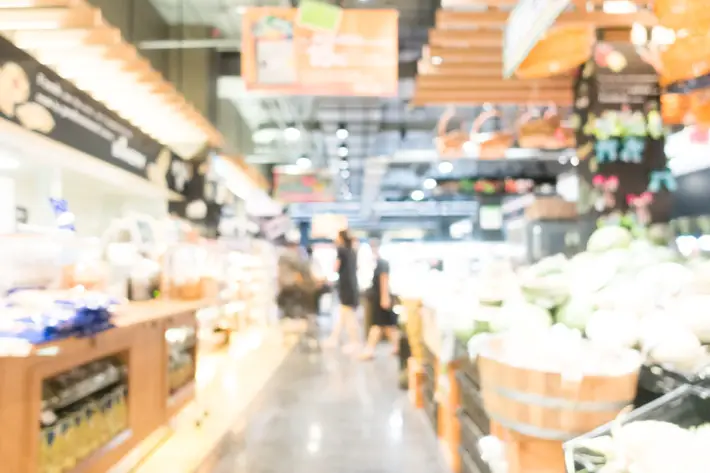Post-Pandemic Supermarkets: How are the Stocks Faring?

During the pandemic, as businesses in general suffered, it appeared that supermarkets were flourishing. Shares were buoyant and the companies went on a hiring spree. But post-pandemic, things look different.
Most of us joined a queue to gain entry to a supermarket during lockdown. Others tried to find home delivery slots, while some supported local where they could, in order to keep local businesses alive.
But how did the pandemic affect the share price of supermarkets? And how are supermarkets faring post-pandemic?
In April this year, Tesco’s share price was looking good. But those figures slipped to a 9-month low in early June – and it seems the consumer’s lack of confidence in the global outlook is driving it.
Michael Hewson, Chief Market Analyst at CMC Markets UK, says: “This caution has been dictated by a consumer outlook that has been cautious at best and was something Tesco management warned about in April. Since then, we’ve seen UK inflation jump sharply with more to come, while the outlook for 2023 was for adjusted operating profits to fall modestly from last year’s £2.83bn to between £2.4bn to £2.6bn.”
Determination
Tesco continues its Aldi price match scheme, and has pledged to extend it to 650 lines, along with various Clubcard promotions. This determination to increase the pressure on the likes of Aldi and Lidl will inevitably put downward pressure on margins, with Tesco’s peers Sainsbury, Asda and Morrisons facing similar challenges, and today’s Q1 numbers are likely to reflect that decision.
“Group like for like sales rose 1.5% year on year” Michael adds. “However, the UK and ROI business saw bigger than expected declines in sales volumes. UK like for like sales in Q1 fell by 1.5%, and by much more than was being forecast, while ROI like for like sales fell by 2.4%, with the retailer saying they were seeing early signs of changing customer behaviour, which suggests that customers are favouring lower margin own brand items over branded goods”.
Booker’s catering side of the business helped to increase sales by 19.4% to £2.1bn. That area of the business benefited from the lifting of lockdown restrictions driving turnover. Central Europe had decent results too. And despite the challenges facing the business Tesco kept its full year guidance for retail adjusted operating profit unchanged.
“Another obstacle”
Michael said: “As we look ahead to the rest of the year, costs are set to remain a key pinch point with rising fuel prices set to impact its delivery and logistics operations, a problem the likes of Aldi and Lidl don’t have to the same extent.”
We also need to remember that over the last few years, stock has been affected by global supply chain issues, there’s been material shortages, and Brexit has had an impact too. Now, living costs are increasing, which adds another obstacle for supermarkets to overcome.
“Higher staff costs will also act as a brake with the supermarket pledging to increase staff wages in its efforts to retain service levels, raising salaries by 6%, while rising fuel prices are likely to increase the costs of maintaining its delivery and logistics operations” says Michael.
“Tesco management are taking some measures to mitigate these rising costs with the food retailer currently amid a three-year cost saving program, with the intention of looking to cut £1bn.”










